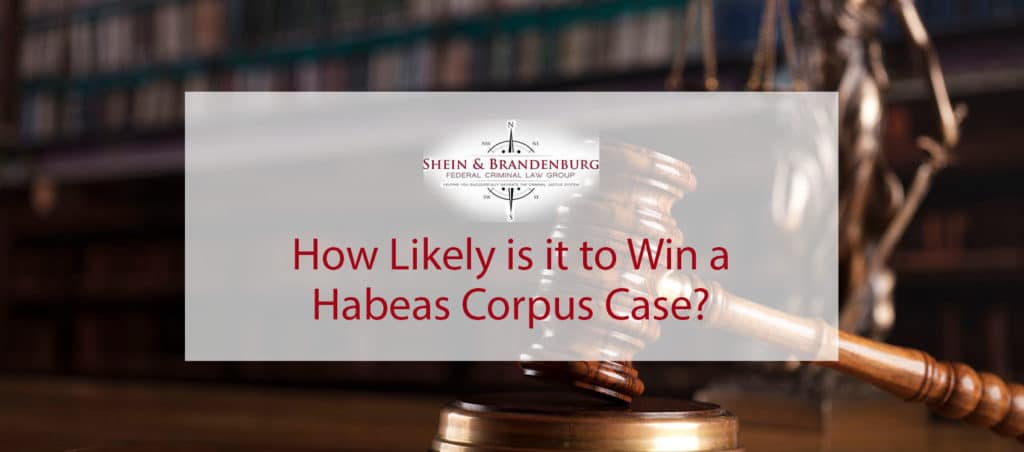While some people have not heard of the phrase “habeas corpus,” it plays a vital role in how criminal cases are decided. In Latin, the phrase “habeas corpus” means to “produce a body,” which refers to the fact that a prisoner must appear in person before a judge during the motion.
Most of the time, writs of habeas corpus are reserved for when people believe that they are wrongfully incarcerated or were not appropriately sentenced. While these motions can be pursued against states, they are more commonly pursued at the federal level.
In either situation, it is a wise idea to retain the assistance of an experienced criminal defense attorney.
The Slim Chances of Habeas Corpus Petitions
Habeas corpus petitions are long. The documents allege that law enforcement, opposing prosecution, a defense attorney, or a trial judge failed to act properly.
The most common writs of habeas corpus allege that a person had in ineffective assistance of counsel.
The first step of the habeas corpus process is a review by a judge, who has the ability to either reject or grant a petition and then establish a hearing. While successful writs of habeas corpus can result in a person’s sentence being either dismissed or reduced, it is often difficult if not impossible to pass the review process.
The Basis of Successful Writs Habeas Corpus
Writs of habeas corpus often address one of several issues, which include:
- Ineffective assistance of counsel. These claims occur when a trial lawyer’s representation of a convicted person falls below the acceptable standard of representation by attorneys. Some of the most common ways in which an attorney’s care falls below the acceptable level is when he or she fails to fully investigate the facts of a case, does not call certain witnesses to testify, fails to provide evidence of innocence, or provides incorrect legal advice.
- Jury misconduct. These cases involve reasonable belief that jury misconduct occurred. Common instances of jury misconduct include jurors going beyond the evidence admitted at the trial, jurors who are improperly biased against the defendant, and jurors who discuss a case with non-jurors.
- Legal incompetence. A person cannot be convicted of a criminal offense if the person is deemed incompetent at the time a case is heard. Incompetency can be based on disabilities, mental health issues, or physical injuries. If a person can establish that he or she was convicted of an offense due to legal incompetence, then he or she will have the basis for a successful writ of habeas corpus.
- Prosecutorial misconduct. These cases involve prosecutors who submitted false evidence or withheld evidence during a case.
Speak with an Experienced Criminal Defense Lawyer
If you or a loved one has been convicted of a criminal offense and are interested in filing a writ of habeas corpus or any other type of motion, one of the best steps you can take is to contact an experienced criminal defense attorney.
Speak with a lawyer at the Federal Criminal Defense Center today to schedule a free initial consultation.


